Apple will be rolling out Apple Intelligence features to qualifying iPhones as quickly as it can, with as many as three updates before year's end. Some major components, including big changes to Siri, may have to wait until early 2025.
Apple has continued to emphasize the forthcoming Apple Intelligence features as a key element of iOS 18, iPadOS 18, and macOS 15 Sequoia, but the new technology is coming in bits across late 2024 and into early 2025. One of the biggest pieces of the new updates is a totally revamped and more personal Siri, but the biggest upgrades to it will be among the last new features to arrive.
Bloomberg is reporting that iOS 18.2 and iOS 18.3 are planned to roll out in December, following the release of iOS 18.1 in mid-October. The first big update to iOS 18 should coincide with a second expected Apple Event that will feature new and updated Macs.
When the public release of iOS 18.1 arrives, it will bring only the first round of Apple Intelligence features with it. Email and Messages summaries and categorization, writing tools including summarizing and proofreading, a Clean Up feature for removing distracting objects from photos, and phone call recording and transcription will likely be the highlights.
The release of iOS 18.2 will likely come in early December, bringing some marquee features that users can dig into, including lock-screen notification prioritizing, Image Playground, and Genmoji. This release would likely also be the first to include ChatGPT integration with Siri, and will expand Apple Intelligence to use localized English in Australia, Canada, New Zealand, South Africa, and the UK.
Apple plans iOS 18.3 as a relatively minor update to correct bugs in the features introduced in iOS 18.2, and the company is pushing for it to come out before the end of 2024. It may or may not add some of the new Siri features, such as Personal Context and deeper app integration.
Global expansion begins in early 2025
After the release of iOS 18.3, there will be a gap of months before the expected arrival of iOS 18.4, which should include all the upgraded Siri abilities and finally begin adding languages other than English. Chinese, French, Japanese, and Spanish are among the languages that should work natively with Apple Intelligence in the 18.4 update, expected sometime in March 2025.
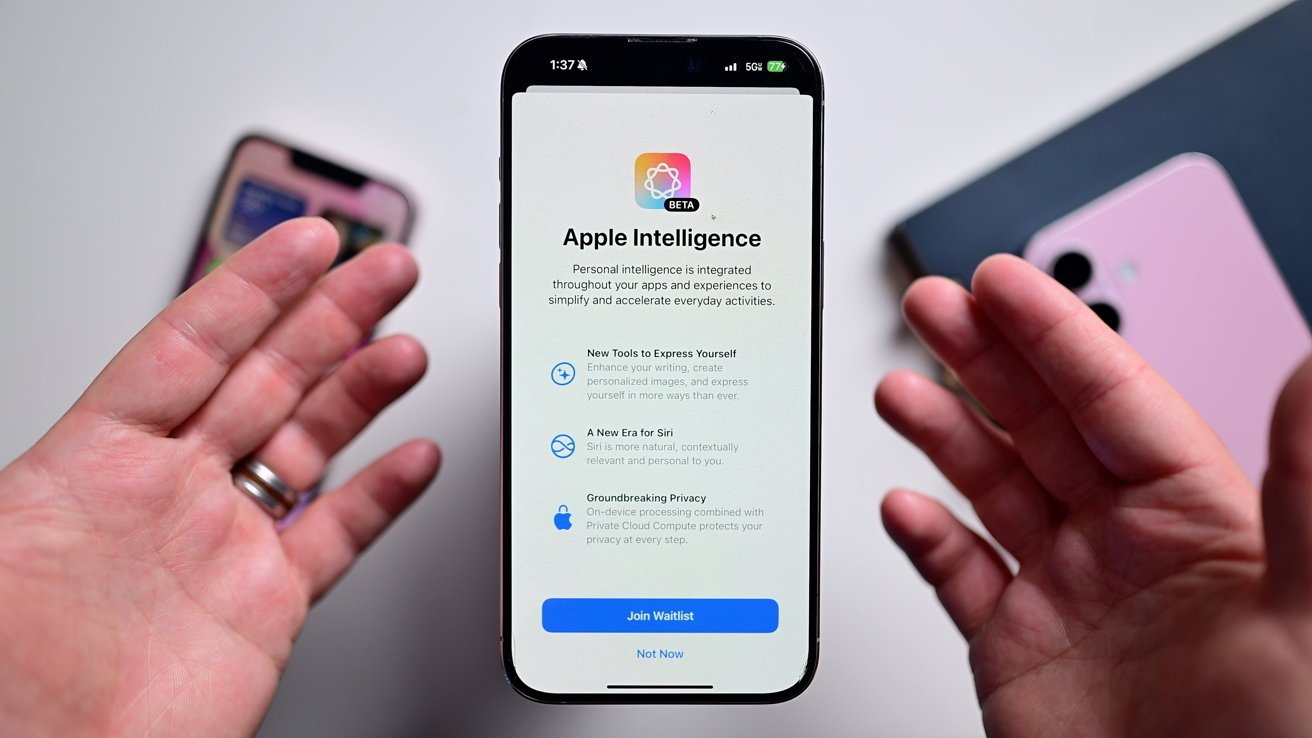 Apple Intelligence features will start arriving with iOS 18.1, but not be complete for months to come.
Apple Intelligence features will start arriving with iOS 18.1, but not be complete for months to come.The various updates to iOS 18 will still have some benefits for users on iPhone models that don't qualify for the raft of Apple Intelligence features, such as greater customization of controls. However, Apple is pushing hard to entice owners of older iPhones to upgrade.
Having discontinued the iPhone 15 Pro and Pro Max already, the company will focus on the iPhone 16 lineup over the course of 2024 and 2025 by repeatedly showcasing that all of iOS 18's main new features are part and parcel of Apple Intelligence.
Apple could also be taking a big risk by spreading out the features of Apple Intelligence, particularly with the delay of local languages and the subsequent effect on international sales. The company appears to be betting that instead of a big release with a slew of new features all at once, the slower rollout of new features will keep users engaged and in "new feature discovery" mode for much longer.
Being able to incorporate Apple Intelligence features into their own use cases over time rather than try and incorporate everything all at once could prove to be a benefit to users. The big downside is that Google's Android platform already has some similar AI features now, and will not be standing still on introducing new features of its own, which could turn into a serious competitive advantage for upcoming products.
 Charles Martin
Charles Martin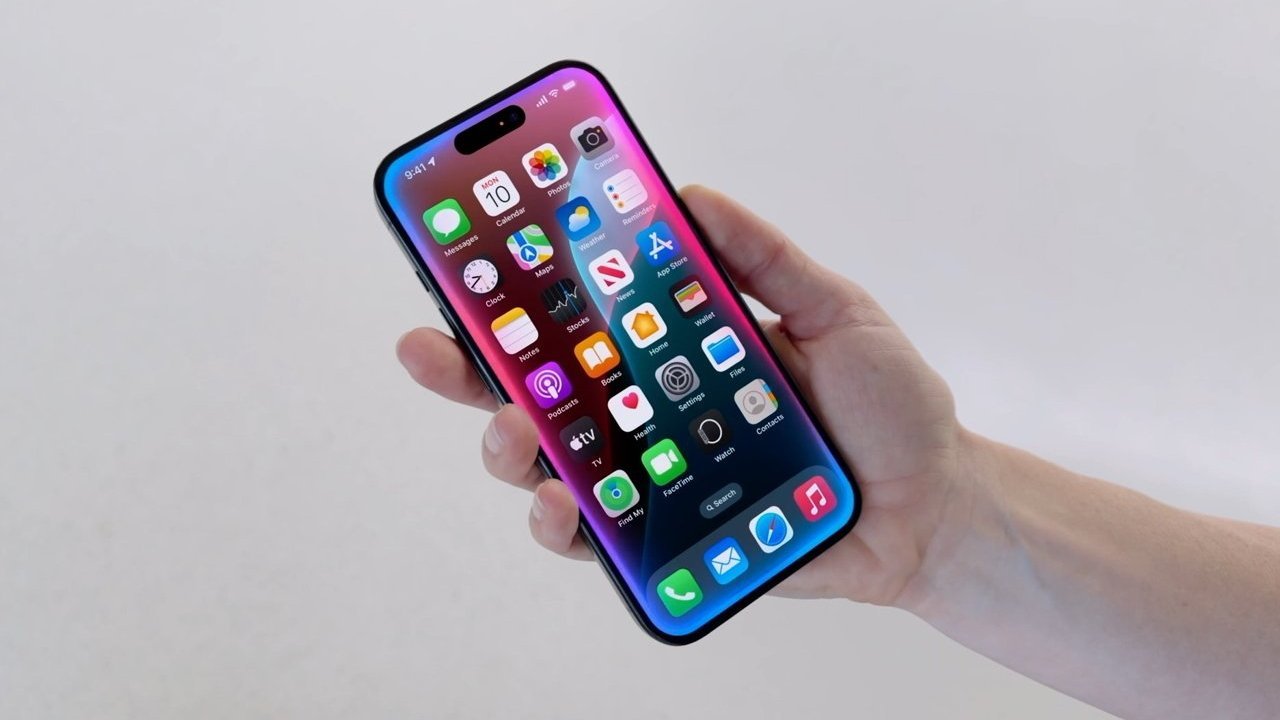




-xl-(1)-xl-xl-m.jpg)


-m.jpg)






 William Gallagher
William Gallagher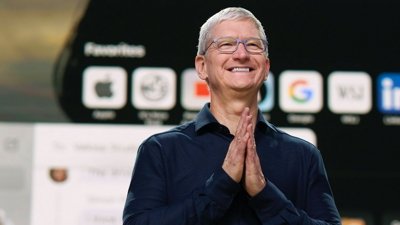

 Sponsored Content
Sponsored Content
 Amber Neely
Amber Neely
 Malcolm Owen
Malcolm Owen
 Mike Wuerthele
Mike Wuerthele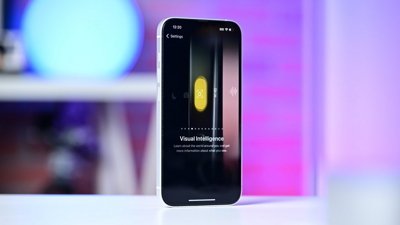
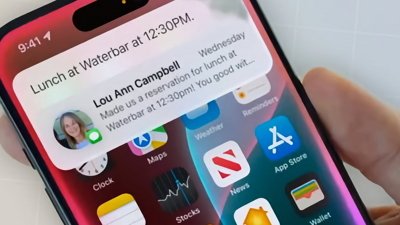

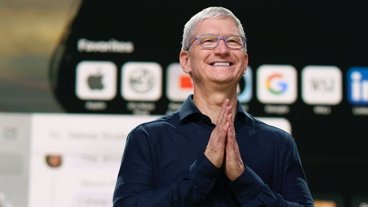







8 Comments
I really think Apple was caught on the back foot with LLM AI. Only supporting Apple Intelligence on the current and previous generation phones, despite banging on about neural silicon in iPhones since the X, seems more than just an artificial software restriction. I suspect the older AI hardware is essentially unusable to augment a LLM.
I suspect too that Apple is doing some of the AI processing in software on the iPhone 15 with the less suitable Neural silicon, because all their effort (and therefore features in iOS 18) has been with AI in mind and without AI, iOS18 has very few changes on iOS 17. If they'd announced at WWDC that AI would only be available on the unannounced iPhone 16, there would be a lot of unhappy people.
That's supported by the silence over how AI will work on the Watch and HomePods which don't contain the LLM Neural silicon, the integration with ChatGPT as they have no LLM worth its salt themselves, and the unavailability of AI for a while yet.
Here’s one thing I would like to know - will there be a hit on cpu usage if I have an earlier phone and not the 16? In other words, when the phone boots up - a different set of code runs if it’s an earlier phone ? Question two - is there an all or nothing switch? It can be turned off?
Can you have it both ways? Can you cry about Apple being behind and then on the other hand cry when they do anything to catch up if they are in fact behind because when I look over at their competition, they have no hardware to really design to Microsoft, and Google they don’t have a complete suite of devices like Apple that have any chance of running AI on the edge across a wide spectrum not like Apple.
The first law of software development is to actually have finish hardware that you can design software to. If you don’t have it, particularly Microsoft you are at a big disadvantage and Google doesn’t have hardware that’s up to snuff not on the desktop and their Android phones and tablets because of its fractured nature across many device makers they don’t have anywhere near the cohesion that Apple has.
It will be interesting (fun) leading up to WWDC 2025, I certainly believe that Apple software/hardware wise has the best chance out of the three big tech companies when implementing AI without phoning home for every function.
As I live in EU I can't wait for Apple to publish there first selling results.
On EU Apple web sites there is no such thing as Apple Intelligence references. Nearly all phones are still available for delivery the next day.
First Apple try to explain there is a problem with regulation... Those as been proven that it was wrong because we already have the AI act regulation clear. So Apple try to explain now that everything is going fine to deliver AI in EU in 2025... But after all there communication just says the languages, not the countries.
What a mess. So I can't wait for the market to show Apple they have to take care of others market than US to (We have the same problem for years as Apple roll out some functionally sometimes 2 years after the US). Are we talking about a small company or one of the biggest in the world.
Samsung deliver product with all the same functionality in nearly all countries
Is the future weather radar going to get some generative love? Not heard this mentioned anywhere. At the moment the next hour prediction often isn't very plausible.
(Obvs, not in the EU 🤣)